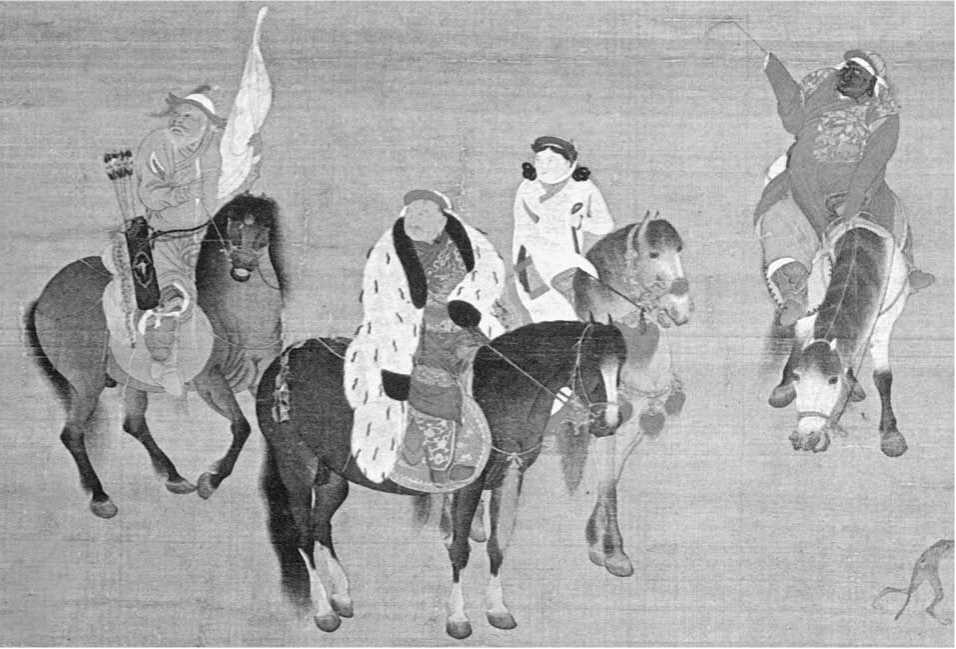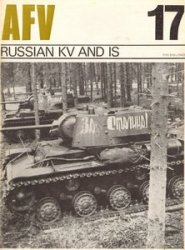After Ogedei’s death, three of Chinggis’s grandsons ruled in succession as the Great Khan. The second of these rulers, Mongke (d. 1259), strengthened Mongol rule in southwest Asia, in what is now Iran and Iraq. He also prepared for a major war with the Song, and he sent his brother Khubilai to fight in lands bordering Song Dynasty territory. Khubilai’s military campaign began in 1252, and he and Mongke led the Mongol armies that invaded southern China in 1258. By this time, Khubilai ruled most of northern China for his family. After Mongke died at the front in 1259, Khubilai was chosen the next Great Khan.
While Mongke and Khubilai focused their attention on China, their relatives fought in western Asia. Mongke’s brother Hulegu led an expedition into the Middle East, pushing the boundaries of the empire into what is now Syria and Israel. Hulegu had his eye on Egypt as well, but before he could invade, the death of Mongke led him to pull back most of his troops into Persia and then return to Mongolia. Just as in Eastern Europe, political changes in the empire had ended a Mongol thrust, and the Mongols never again reached that far into the Middle East.
Under Khubilai, the Mongol Empire reached its largest size. The Mongols finally defeated the Song
From Ordu to Horde
The English word horde refers to a group of Central Asian nomads. It can also mean a large crowd, particularly a potentially dangerous one. Horde comes from the Turko-Mongol word ordu, which means "palace tent," where a nomadic ruler dwelt. The ruler was surrounded by his guard, often 10,000 strong.
In 1279, giving them complete control of China and reuniting it for the first time in several hundred years. As Great Khan, Khubilai, in theory, ruled over the entire empire, just as Chinggis and the other Great Khans had. In reality, however, Khubilai had direct control only over China and the surrounding lands in East Asia. Other relatives of Chinggis ruled the western regions. Khubilai founded what
Imperial Hunting Party
Horses were an important part of Mongolian culture, and a key to their ability to move swiftly and decisively in military campaigns. Mongolians also hunted on horseback, as illustrated by this 13th or 14th-century Chinese painting of Khubilai Khan (center) on a hunting trip.

Came to be known as the Yuan Dynasty, and his family governed China until 1368. With the great wealth he amassed through conquest, Khubilai built a splendid capital city called Khan-baliq-today’s Beijing, the capital of China. One famous visitor to the city was the Italian merchant Marco Polo.




 World History
World History









